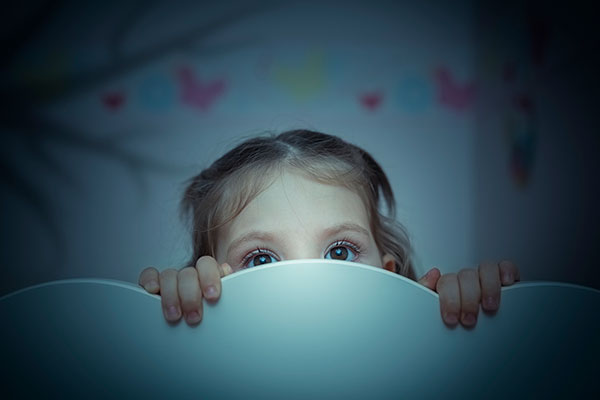
If you feel like you don’t belong it’s not your fault. We learn connection and belonging through our parents and caregivers. Psychologist, Janis C. Johnston states, “Incest is an extreme example of a behavior that damages the development of belongingness in a child… Trust underlies belonging in a family; family members cannot fully experience belongingness with people they cannot trust. The need to belong goes awry… The need to share belongingness with other people becomes distorted when children are sexually abused.”1
Furthermore, it’s terrifying getting close to people because the deeply embedded imprint on the brain and body remembers; if you get close to people they will turn on you at any moment and abuse you. This is why our defenses are up. As adults, not being included can trigger this painful memory (emotional flashbacks) of not belonging, feeling as if you have nowhere to belong—no real roots.

When a child is sexually assaulted; used, blamed, not allowed to express their emotions, and treated like a burden on an ongoing bases this becomes their roots of who they are. As a result, they are flooded with toxic stress hormones living in an environment that isn’t safe. How can a child know his or her worth if it isn’t accurately mirrored back to them? Psychiatrist, Bessel Van Der Kolk states, “If you feel safe and loved, your brain becomes specialized in exploration, play and cooperation; if you feel unwanted, it specializes in managing feelings of fear and abandonment.”
Know that you do matter and you do belong! It takes time to heal and to know that you belong in this world. There is a place for you. Your new tribe will celebrate you. Also, there really are trustworthy people who will see you, and treat you with the worth and belonging you deserve.

Awhile back, I participated in a ‘ropes course’ with a group of people out in nature. One day, we did a ‘Trust Fall’ and I was really nervous. I had to stand on a 5-foot raised platform stand backwards on the edge with my arms crossed in front of me, then fall backwards and let a group of people catch me. The instructor asked me two questions, “Do you trust yourself? Do you trust people?” I thought…Oh sh*t! As I was released backward to the people below. On my way down, I past out. My brain was protecting me so if I wasn’t caught, I wouldn’t know it. I didn’t trust myself nor people. My threat response went off and my body shut down. As I came to, people were hovered around me, speaking with caring words of support. I was learning to trust. (And yes, they did catch me.)
The next day on the ropes course, we met inside the auditorium for a lecture. After the speaker finished, the lights were turned down for reflection. As my eyes were closed, one of the instructors came over to me and said, “Why won’t you let love in?” I felt dizzy and then past out again. There I was on the ground again. I didn’t know I had such a fear of trusting others and letting love in. At this time, I still had a lot of unprocessed trauma.
In major losses and betrayals, I get triggered of not belonging and being abandoned. The roots of not belonging as a child run deep. I’m aware of my physiology changing when I’m in distress so I comfort myself with regulation exercises. As the painful emotions run their course, I remind myself, over and over, that these emotions aren’t permanent. I give more compassion to myself. By dismantling the triggers of not belonging, I remember where it originated… It wasn’t my fault. Resulting in the intensity and duration of the triggers being lessened, which makes healing so worthwhile. The hard work pays off.
There are so many of us…I see you and you belong.
Source
1 Psychologist, Janis C. Johnston, The Need For Belonging Goes Awry: Sexual Abuse and Children, 56 DePaul Law Review 909 (2007).









